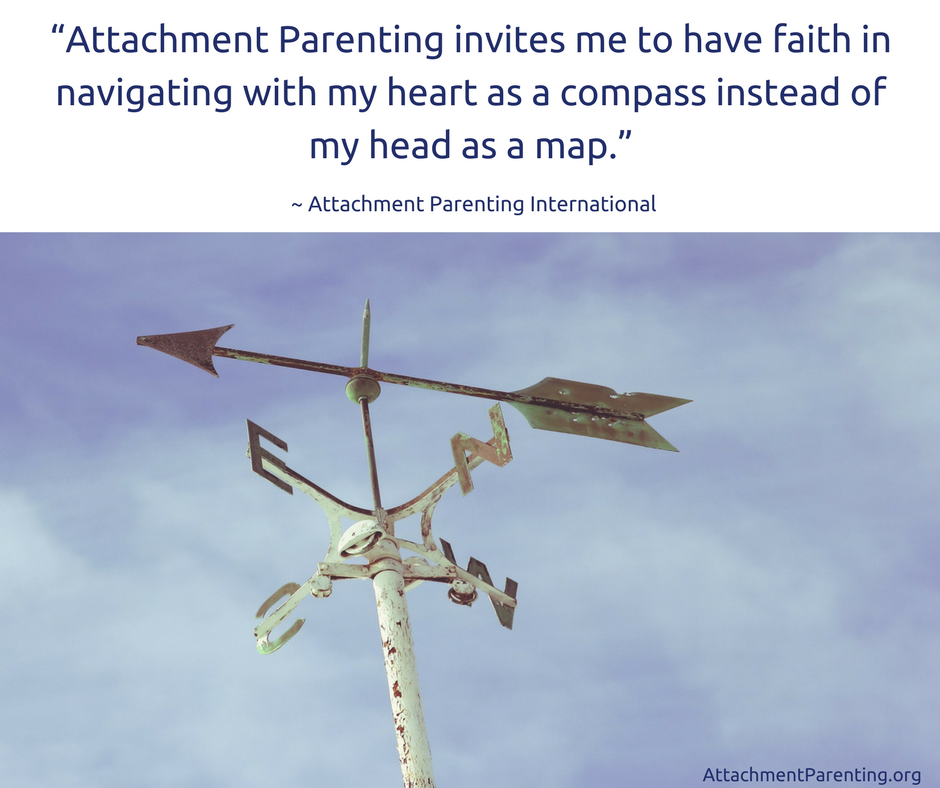"Human beings are wired to resist being told what to do or bossed around outside of the context of attachment. This is actually a very good thing.
Respond with Sensitivity
Build the foundation of trust and empathy beginning in infancy. Tune in to what your child is communicating to you, then respond consistently and appropriately. Babies cannot be expected to self-soothe, they need calm, loving, empathetic parents to help them learn to regulate their emotions. Respond sensitively to a child who is hurting or expressing strong emotion, and share in their joy.
API Links
|
|
|
|
"The emotionally healthy child is learning how to make choices that are good for him or her and good for others, which I call smart choices. |
"Children do not need toxic stress. Ever. |
|
|
"According to Damour, the most powerful force for good in a teenager’s life is a “caring, working relationship with at least one loving adult.” Within that context, adults can offer teenagers empathy, grounded perspective and a vote of confidence as |
|
"A new study from Washington University in St. Louis suggests that adults who have a hard time finding their sense of purpose in life possibly had more conflict with their mothers in their early elementary school years.
|
"It often seems like society gives us two options: we either raise them to be tough and ‘take no prisoners’ or to constantly ‘turn the other cheek’ and let them become the bullied of every situation.
|
|
"And current research suggests that the attachments formed in the first two years of life have a profound effect on how we behave in a diverse range of human relationships, from love, to work, to politics. |
From Dr. Sears: "Self-esteem is your child’s passport to a lifetime of mental health and social happiness. It’s the foundation of a child’s well-being and the key to success as an adult. At all ages, how you feel about yourself affects how you act. |
- ‹ previous
- 8 of 43
- next ›







